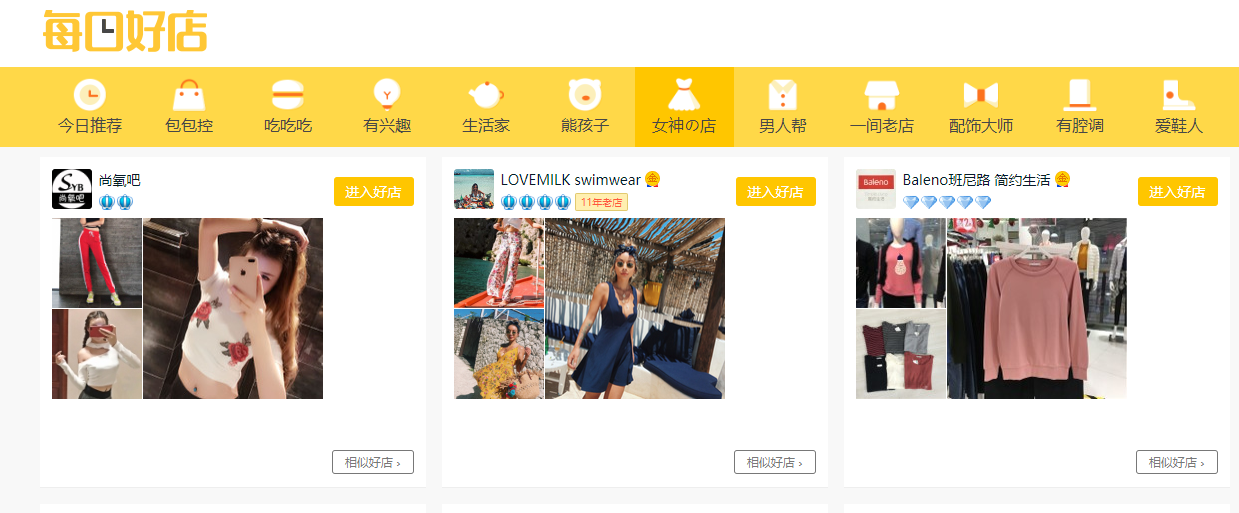New Chinese e-Commerce Law is Effective Today

After 5 years of blurry information and negotiation, the China E-commerce government started the first effect on this law today.
What is this effect of this New Chinese e-Commerce Law?
the main points of the law and how does it change the market?
1.Need a Legal entity based in mainland of China
Every E-commerce player must have a legal entity based in mainland China.
Daigous are illegal now
Individual Daigou (what is a daigou) is officially illegal. Today reaction from Daigou is they started posting in English&Korean&Japaneses(foreign languages) and post painting version product ads.
2. Oversea E-Commerce players need a legal Entity
Oversea players also need an legal entity. Several top traffic Tmall Global shops choose to close their Store.
world.taobao (taobao Global) link product to Tmall Mainland China Items now

3. Normal oversea Shipping Models are illegal now
Shipping Model of “General shipping” is highly illegal now.(“General shipping” refers to using the service of normal shipping provider such as EMS, DHL, UPS, ship items as normal packages to China without custom declare, if custom catches it the tax rate is 30%, the possibility of custom checking is 20% to 50% depends on location
4. Tax Payment
Oversee shop seller must choose the valid shipping service provider, pay the 11.2% “Cross-Border E-commerce tax” with customs declaration.Many top traffic Kaola eStores got closed due to their shipping model.
See more article about
Source impact of the U.S-China trade tensions on Chinese e-commerce firms is limited as cross-border sales are limited.
China has the world’s largest e-commerce market. According to eMarketer, Chinese e-commerce sales were expected to surpass $1.1 billion, but will go down with new global retail e-commerce Rules.






Super good article inspiring web magazine seoagencychina